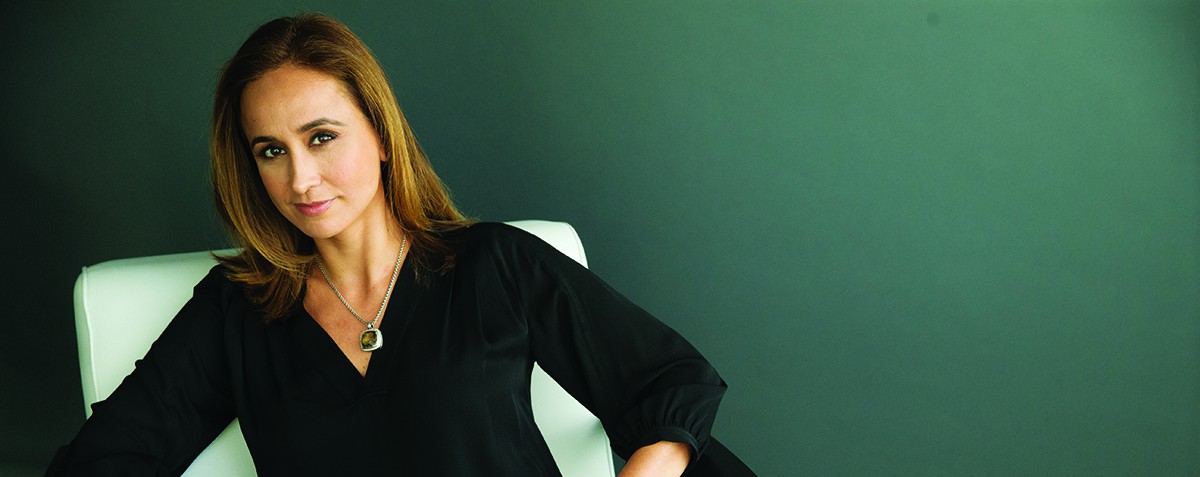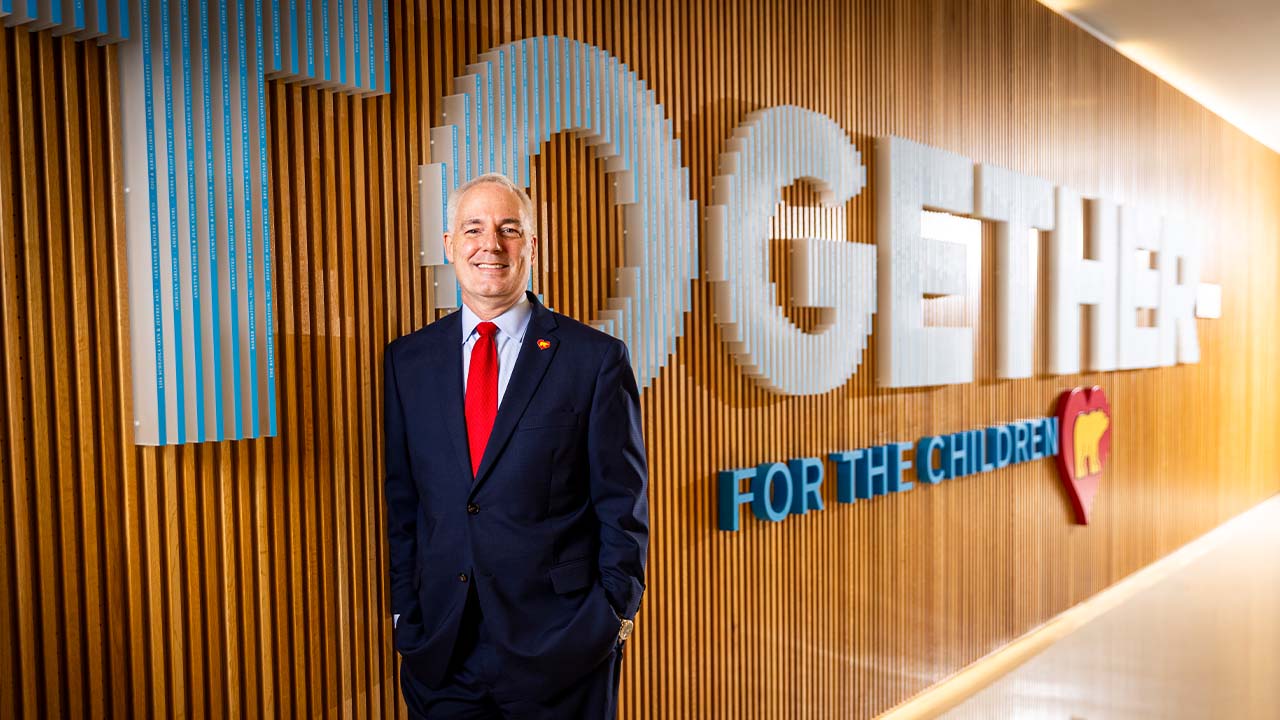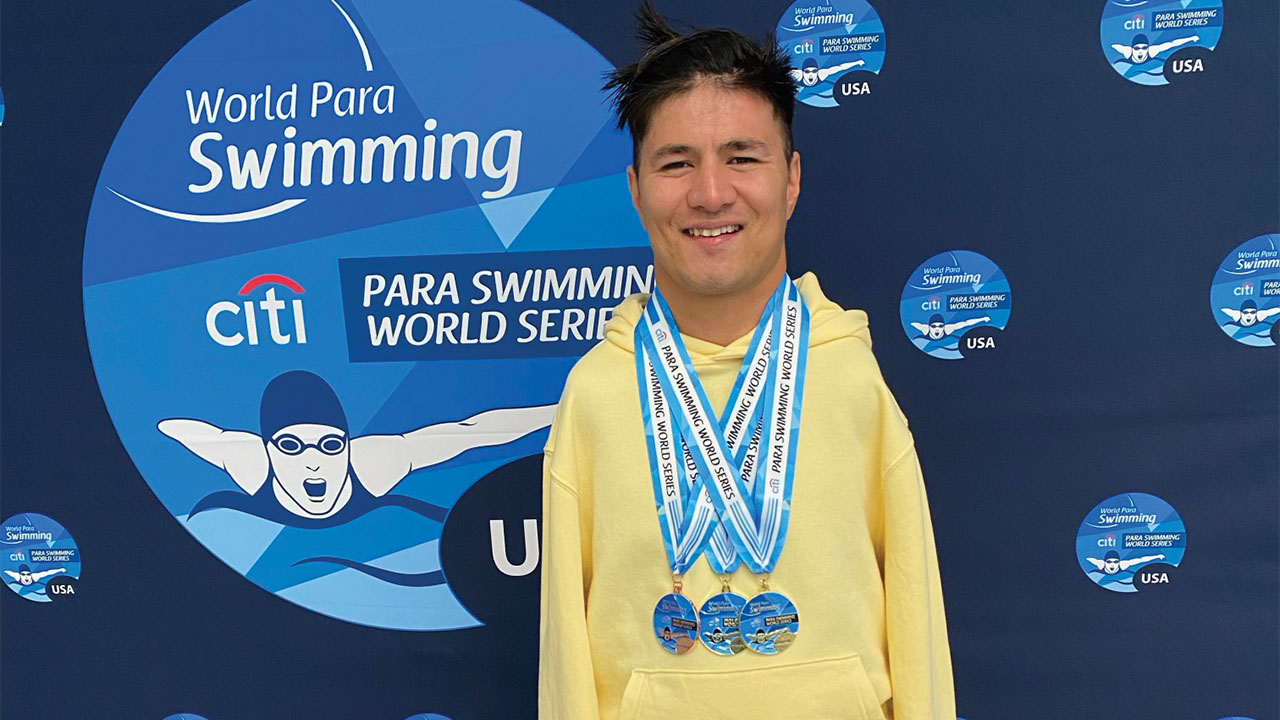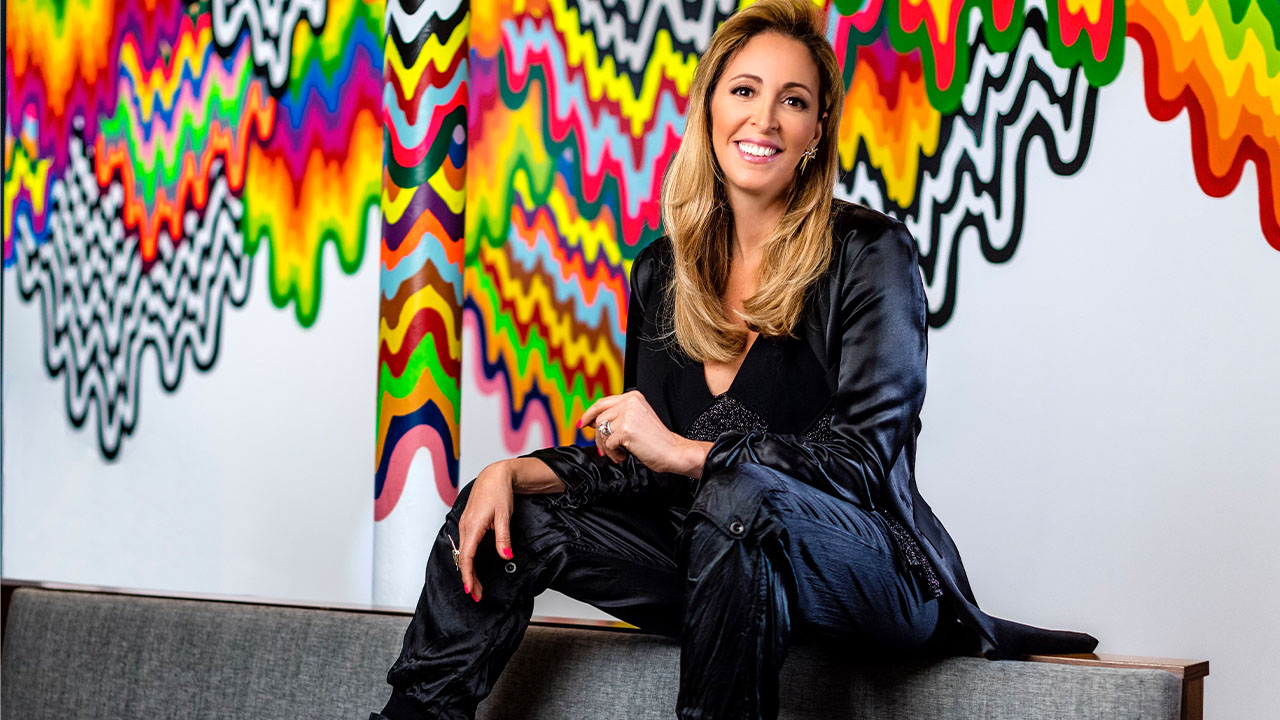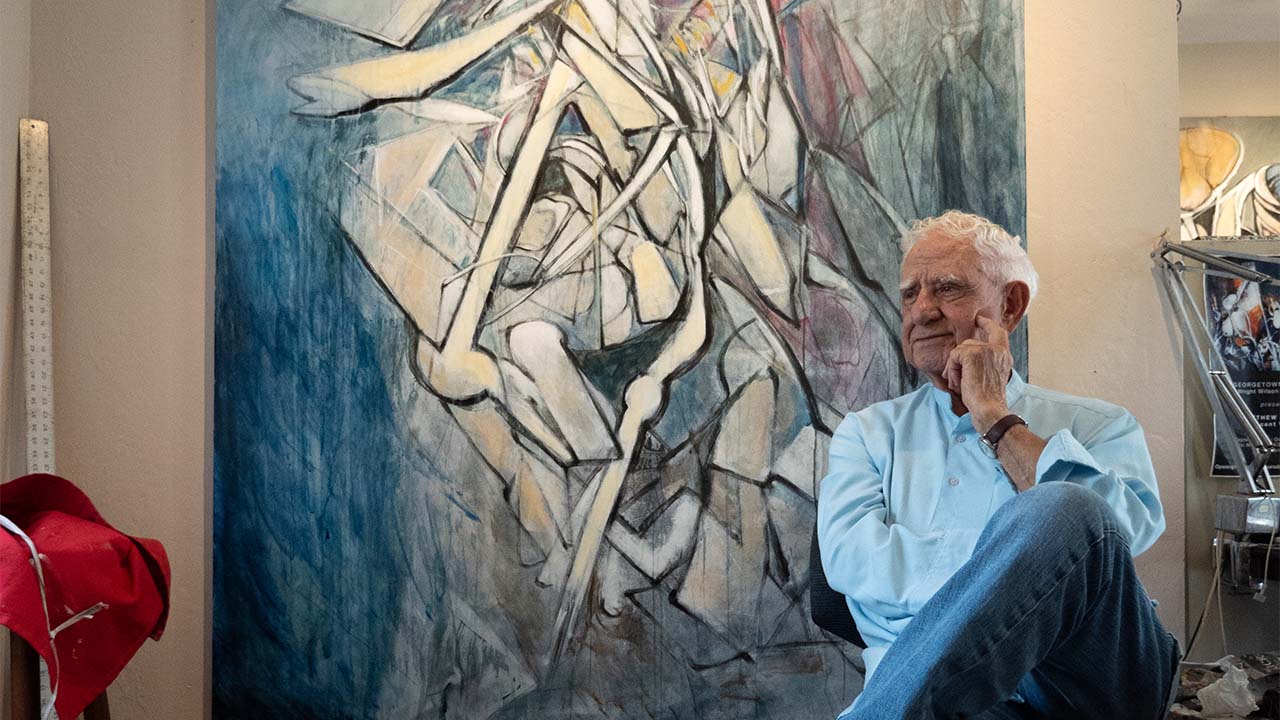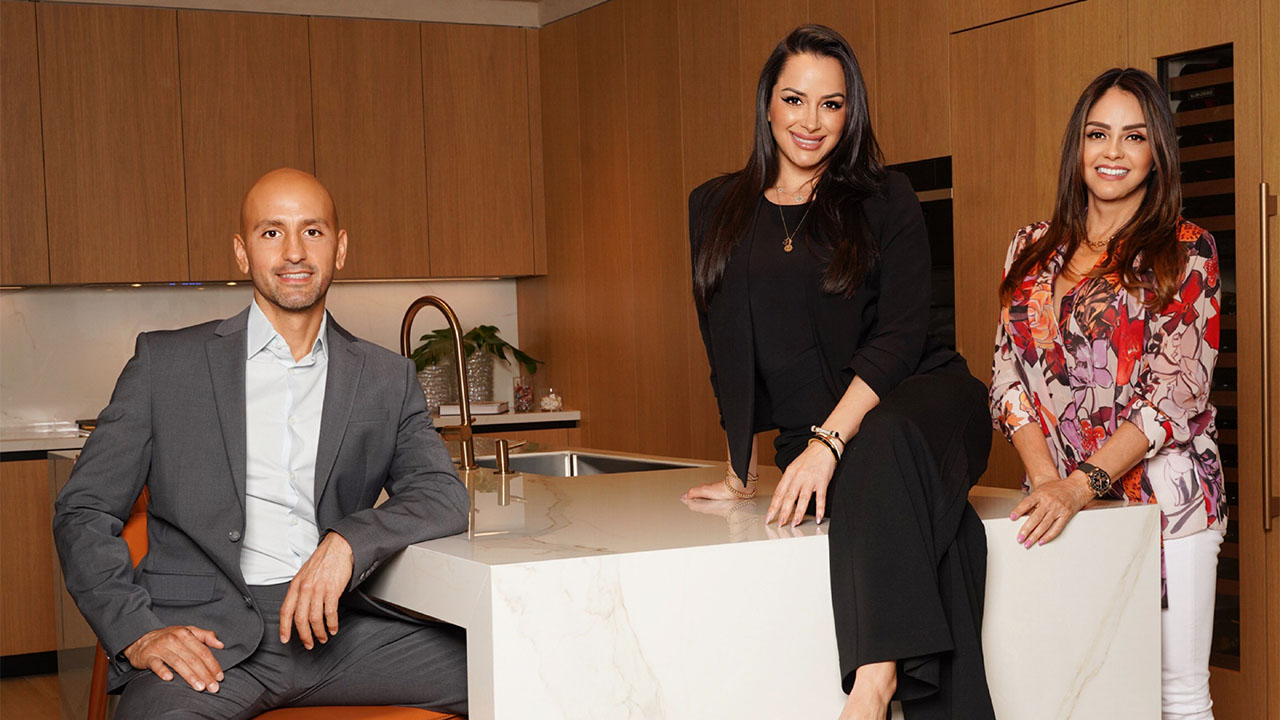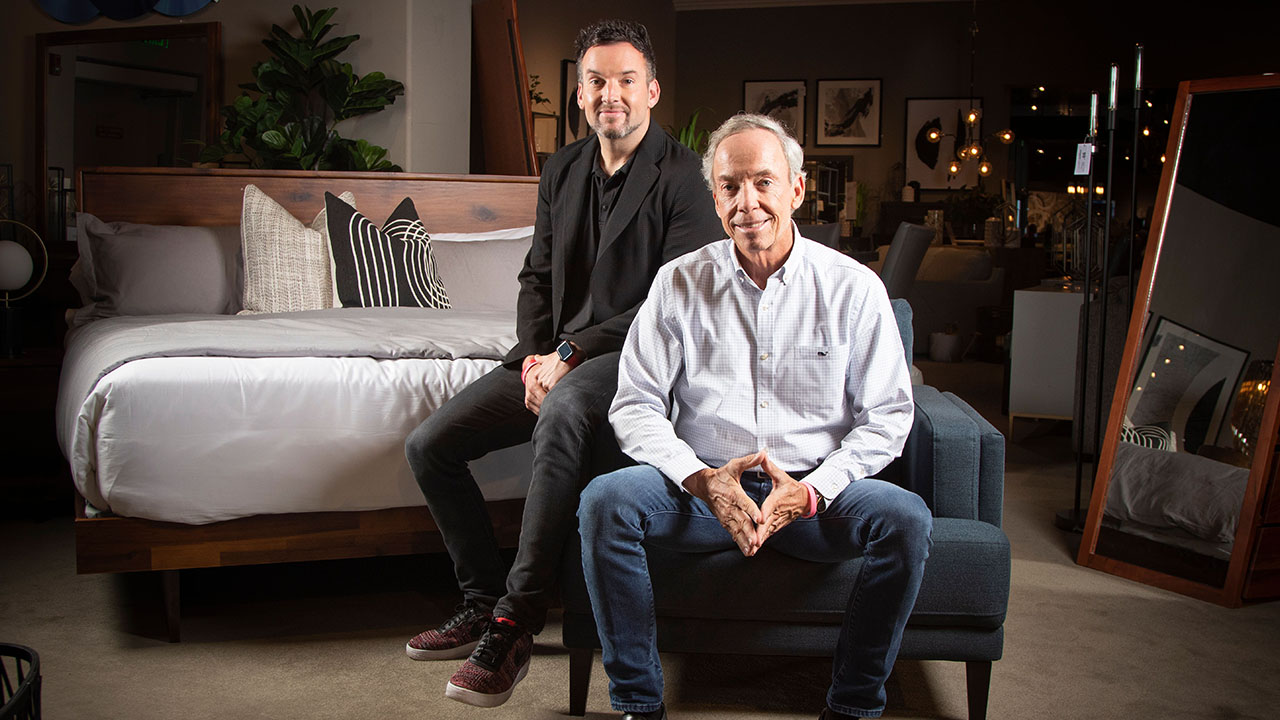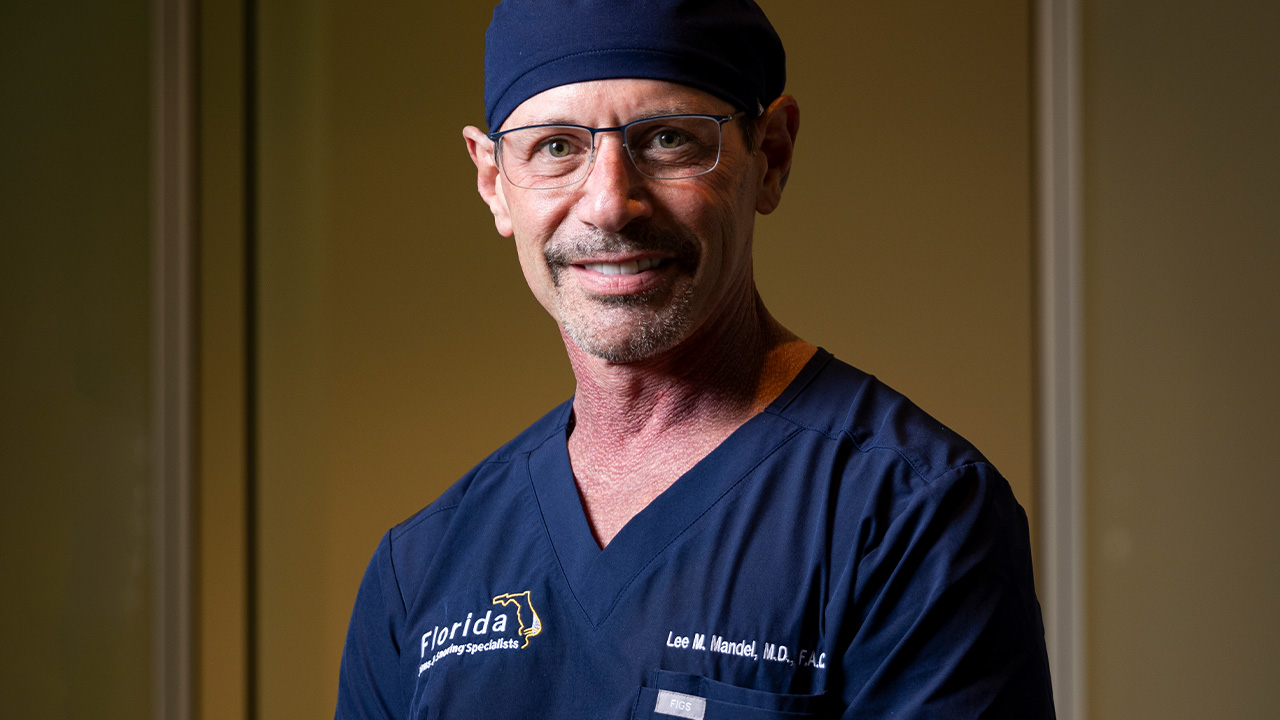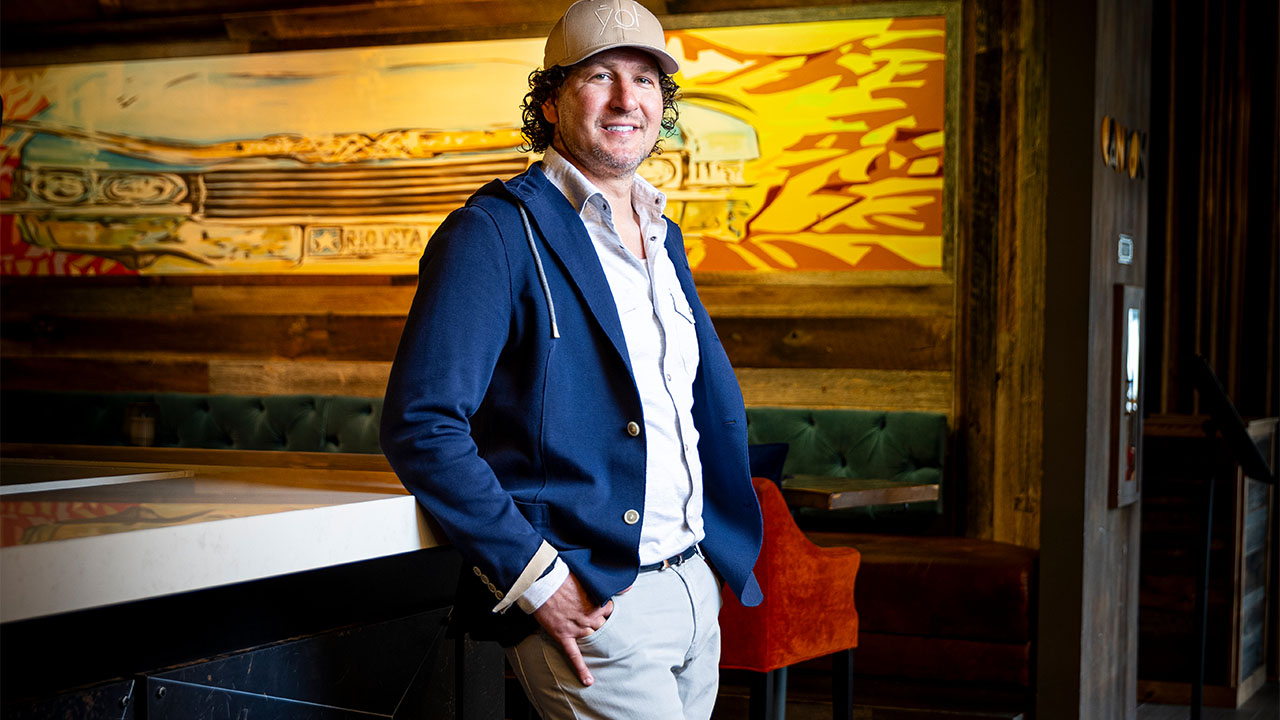CEO, OneWorld Properties
While many people’s dreams ended during the financial collapse of 2008, Peggy Fucci found a new dream.
Starting her career straight out of high school as a teller at Northern Trust Bank in Coral Gables, Fucci found she enjoyed the sophistication of working with high-end clients. As she moved up in the bank, she noticed clients who worked in real estate received large commissions, so she decided to follow that path. Using the client relationship skills learned at the bank, she started a real estate career, eventually landing a Key Biscayne listing for $2.5 million.
Later, she moved to developmental sales at WCI Communities. But three years afterward, in 2008, the company went bankrupt. Fucci, pregnant with her third child, decided to start her own brokerage, OneWorld Properties, by moving foreclosures for banks.
When a former WCI colleague became the chief operating officer of ST Residential, a real estate company doing business nationwide, Fucci was invited to join as senior vice president of sales overseeing its $3 billion real estate portfolio. ST Residential was a consortium of real estate and property professionals Starwood Capital, WLR LeFrak, Perry Capital and TPG Capital, backed by the FDIC. Fucci entered a five-year agreement with ST that allowed her to stay head of OneWorld; within three years, she helped sell 90 percent of that portfolio. The opportunity, Fucci says, was a “dream” that kick-started OneWorld’s success over the last four years. The company has about $1 billion of real estate in its portfolio and is involved in the sale of several major developments throughout South Florida including 100 Las Olas, Brickell Ten and Paramount Fort Lauderdale Beach.
Lifestyle took the opportunity to get to know her better.
1 Can you tell us about the start of your life in America?
I moved here (from Peru) with my grandparents after my father passed away when I was 17. I really didn’t speak English that well. When I came here, I was in the 12th-grade equivalent in South America, but for the U.S., that was not acceptable, so I had to go to 11th grade. They put me in Coral Park High School, and I had to go to ESOL [English for speakers of other languages classes]. I knew that nobody in the ESOL class was going to teach me anything about English. So I begged them to put me in regular classes. And thankfully I graduated top of my class. But I didn’t have the financial means to go to school, and I didn’t have the opportunity to go to college. I started working at the bank as a teller. I started my job right out of high school and worked my butt off ever since then.
2 What can you tell us about the sales progress of the development Paramount at Miami Worldcenter?
Paramount is such a big project. That alone is $600 million in sales. We’re already 60 percent sold. This is the first phase; we’re looking into looking other phases in that area. Miami Worldcenter is changing the whole landscape of that area of downtown Miami. It’s very exciting to be part of.
3 What do you see in the future for the development of the Greater Miami area?
Miami has so much room to grow. What Miami was five years ago is very different from what Miami is today. And it’s going to be different in the next five years. We’re going to continue to see different groups of people coming into the city. [Investors from] China is a market that’s going to continue to grow. We will continue to see Europe have a good presence here. We will see continued investment from large corporations. I think the job market’s going to increase; we’re already starting to see some great talent coming into the city-—some more job offerings from larger companies. All of that is going to help all the industries grow, including real estate. … Miami is going to continue to become more global and will continue to be the center of this part of the world, how Hong Kong is to Asia.
4 You’re involved with Miami Bridge, a shelter for children and teens. Why is that important for you?
I’ve been on the board for about three years. I try to focus on giving the kids an opportunity to see what the world has to offer as far as jobs—creating field trips for them to go visit different sites, [such as] the Miami Herald and the Biltmore, for them to understand working hard gets you places. We always find time to give back to the community, because that’s the only way we’re going to help people grow: sharing stories and dedicating time.
5 What misconceptions do people have about CEOs?
People think that when you’re heading up a group, you’re basically giving orders or expecting people to do the work. I have a different approach. I can be in any office, play the receptionist’s role or serve the coffee or pick up after someone. Everyone else around you is a reflection of you. Just because you become the CEO doesn’t mean that you stop doing what the entry-level position does. When you show your team you work just as hard, everyone’s motivated to continue.



